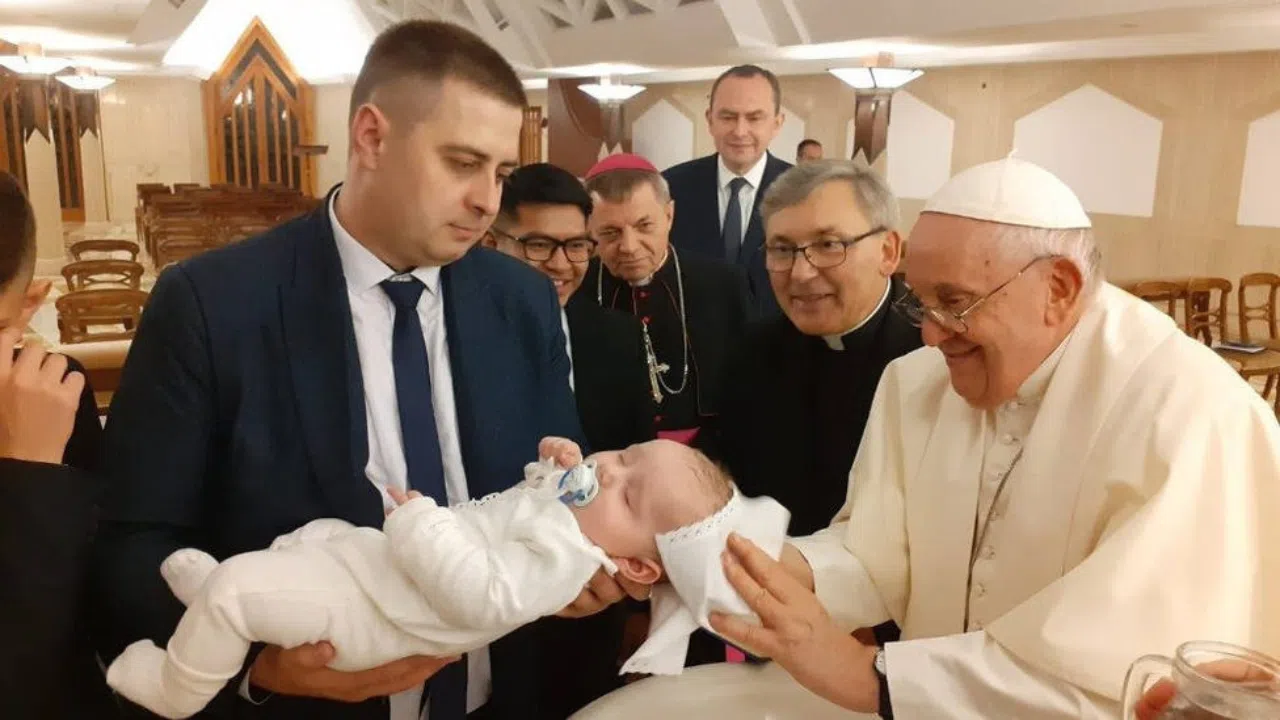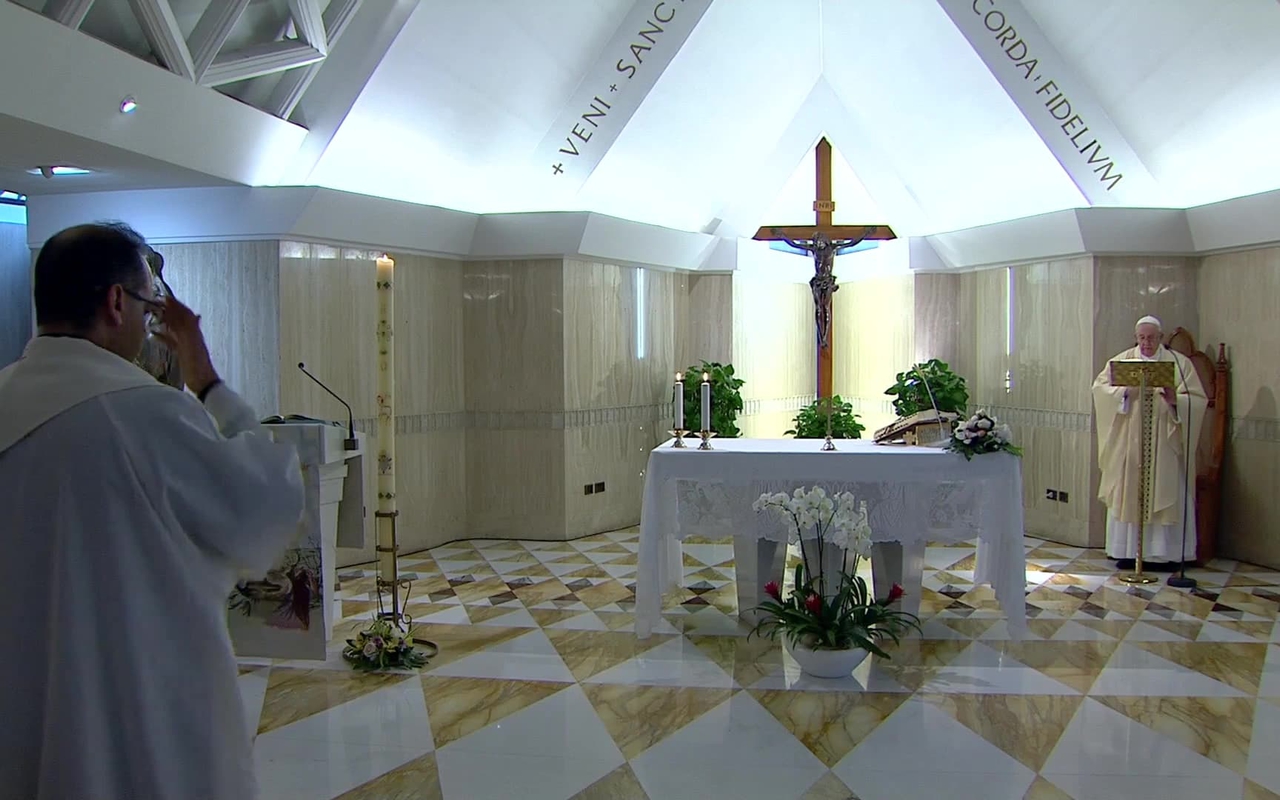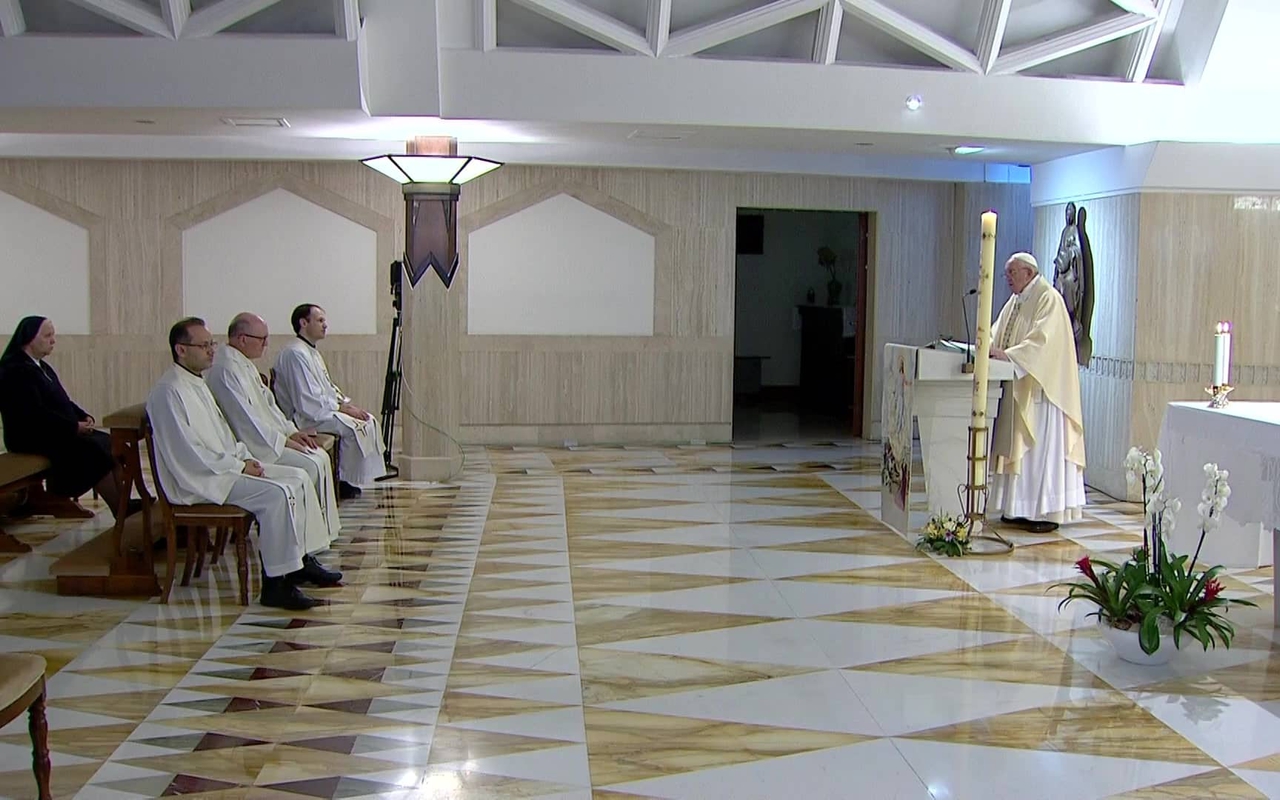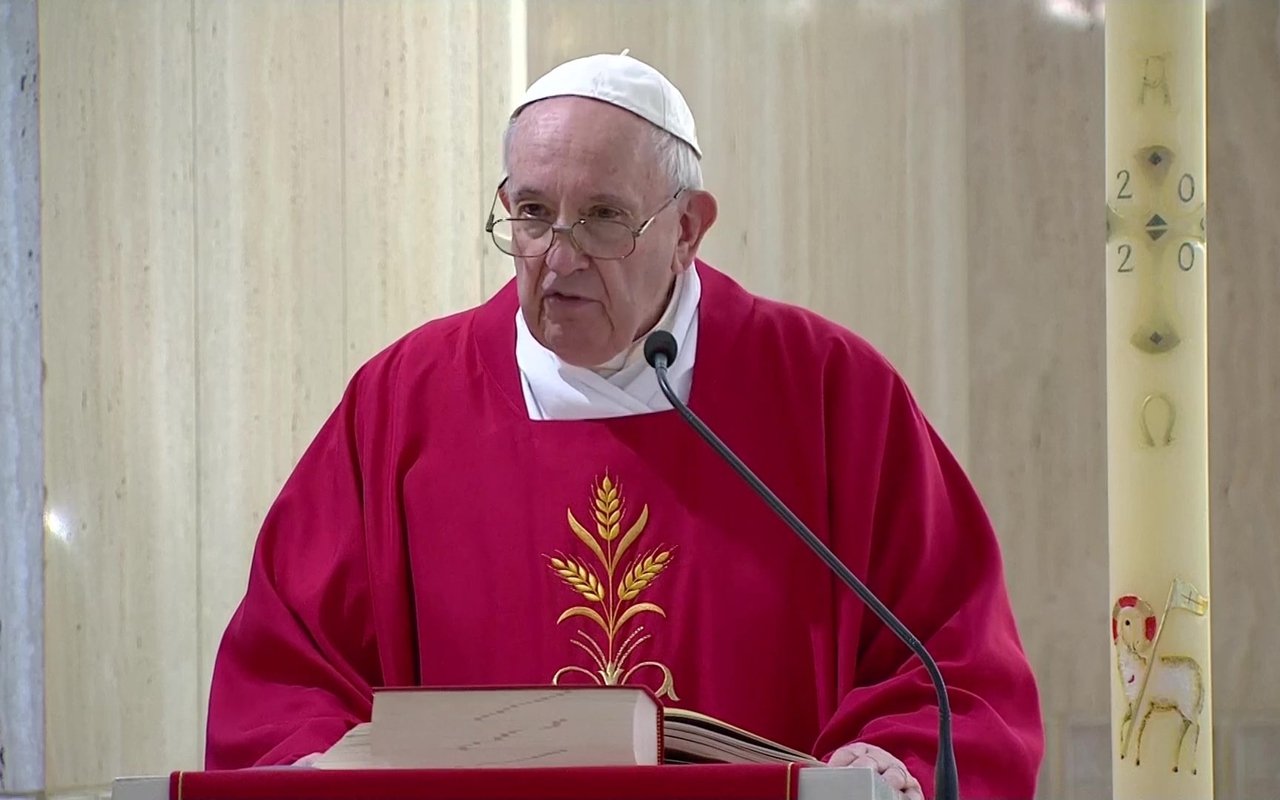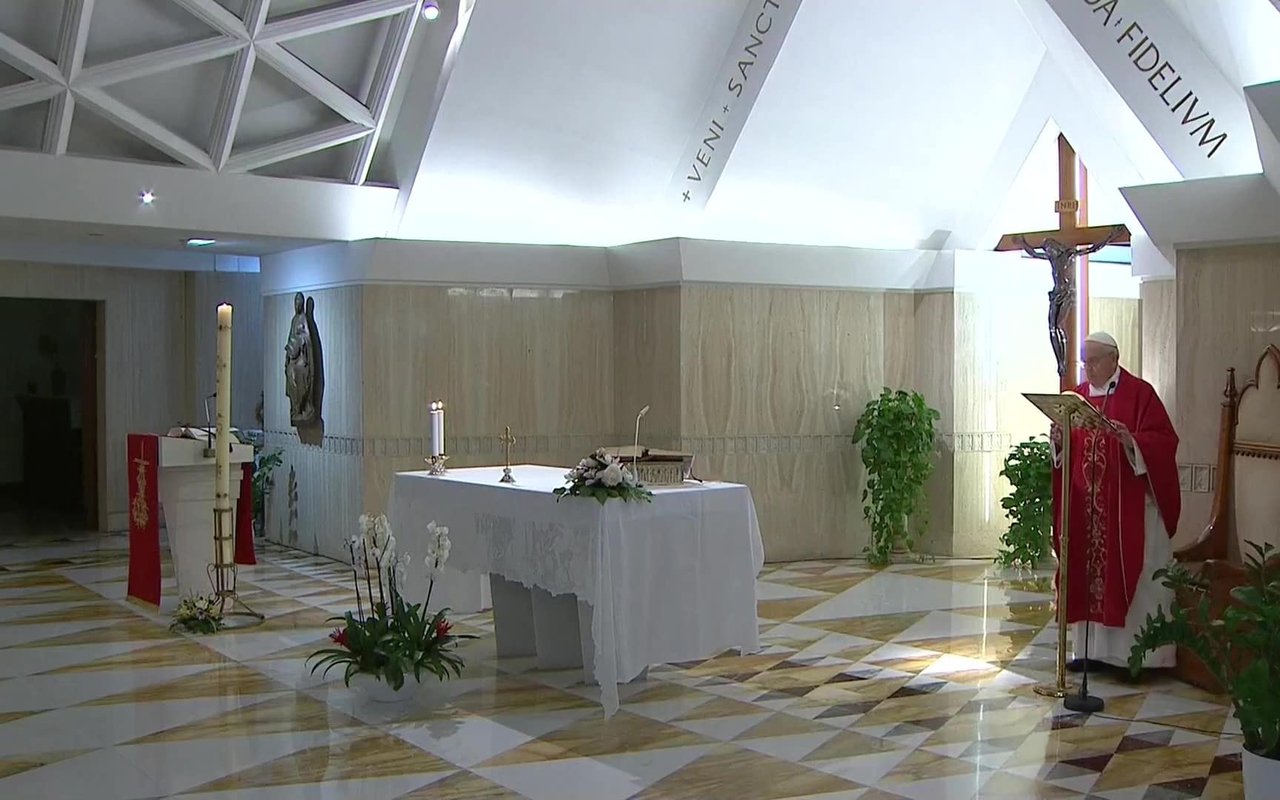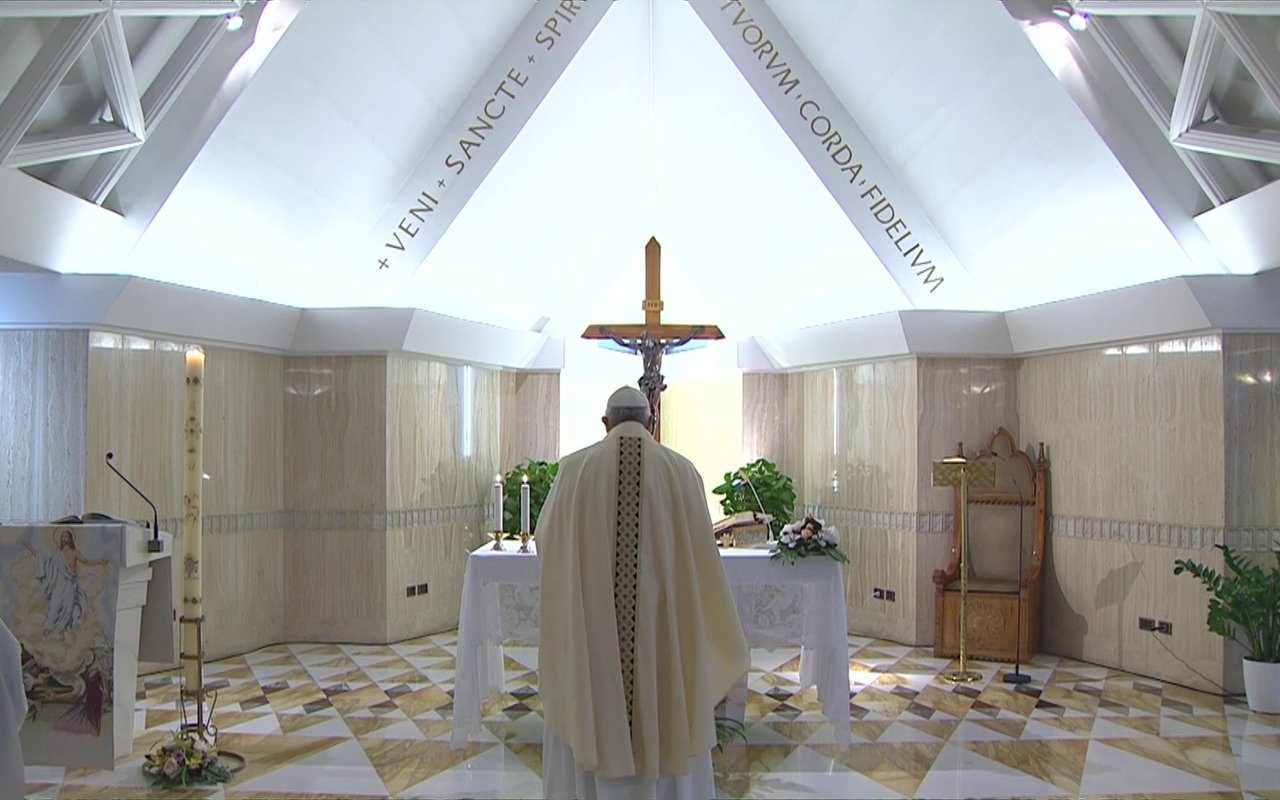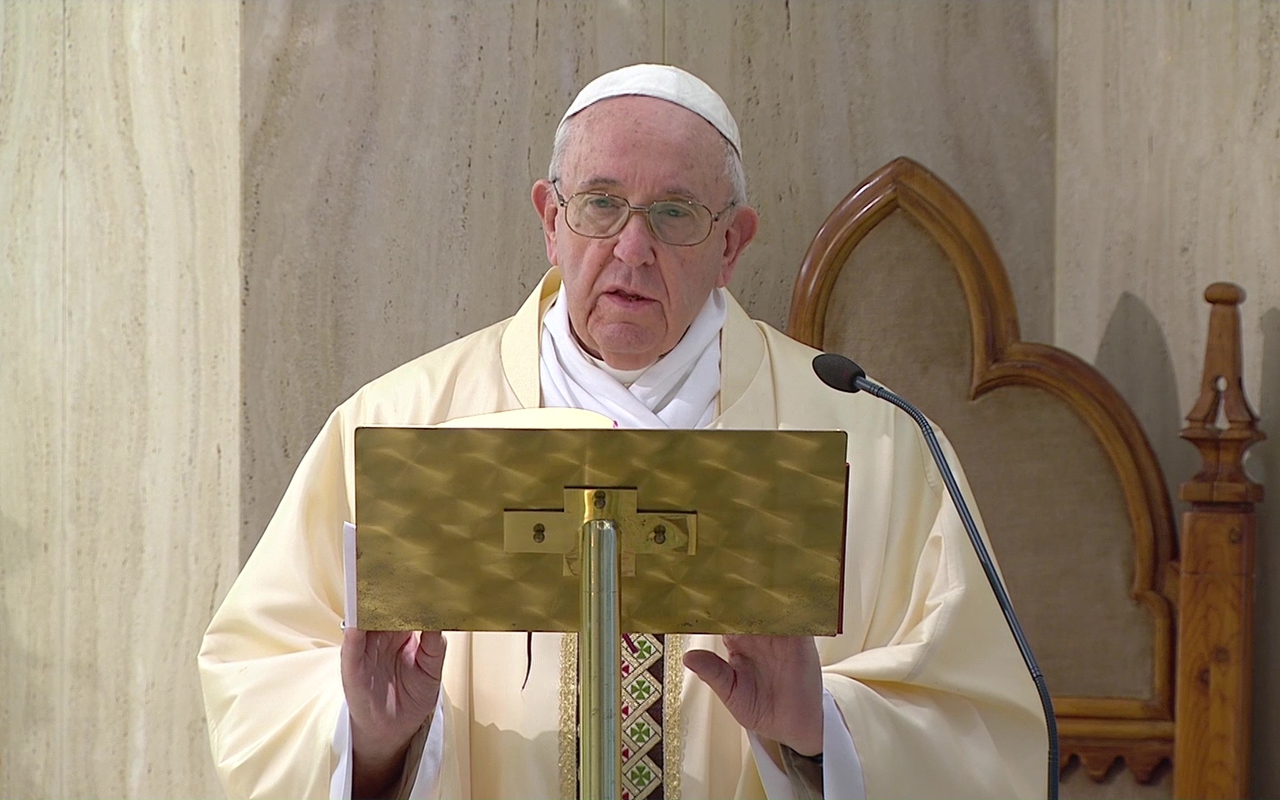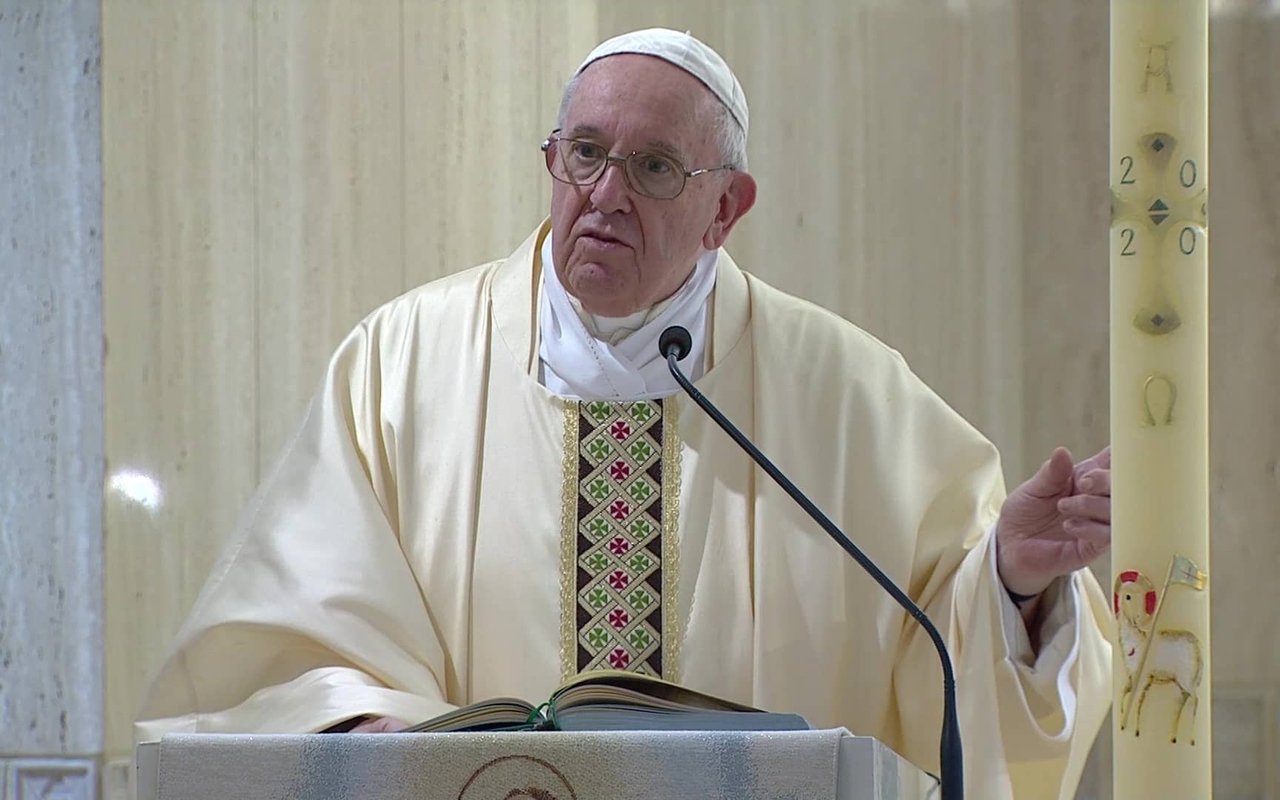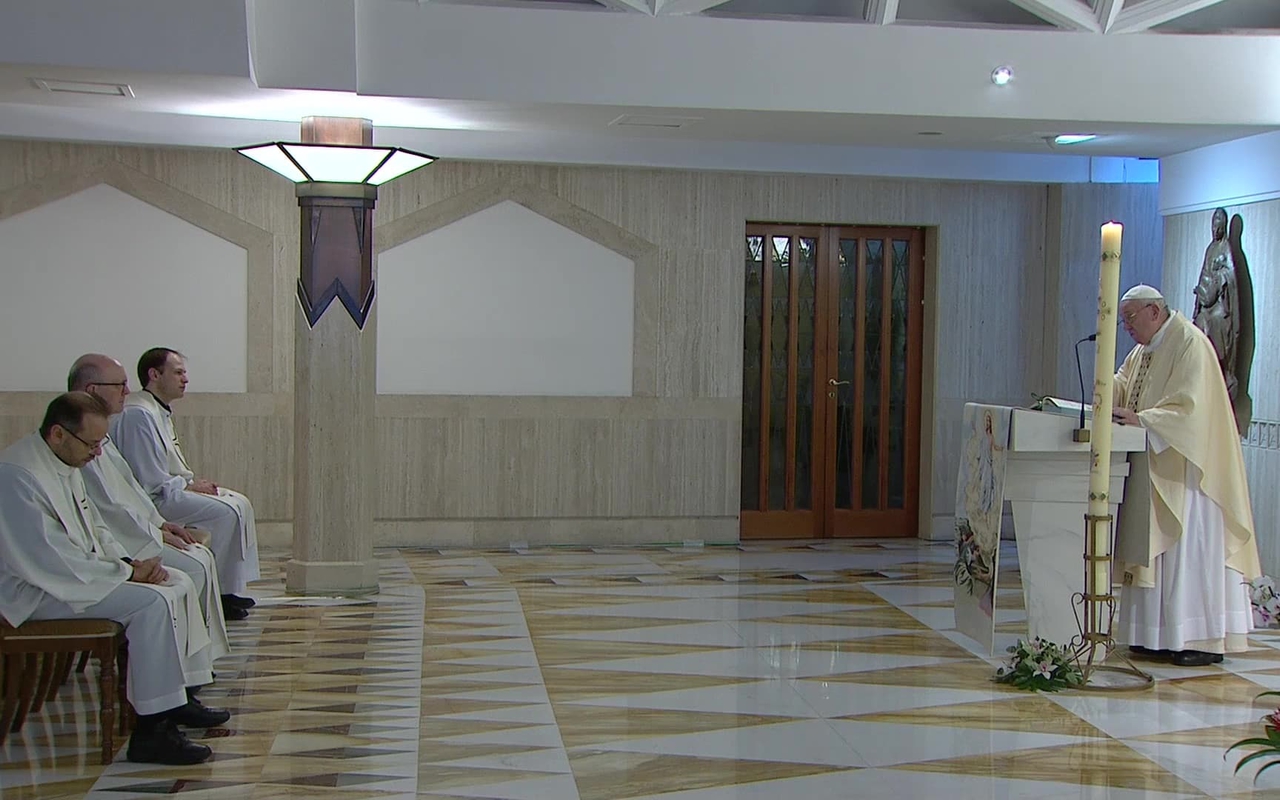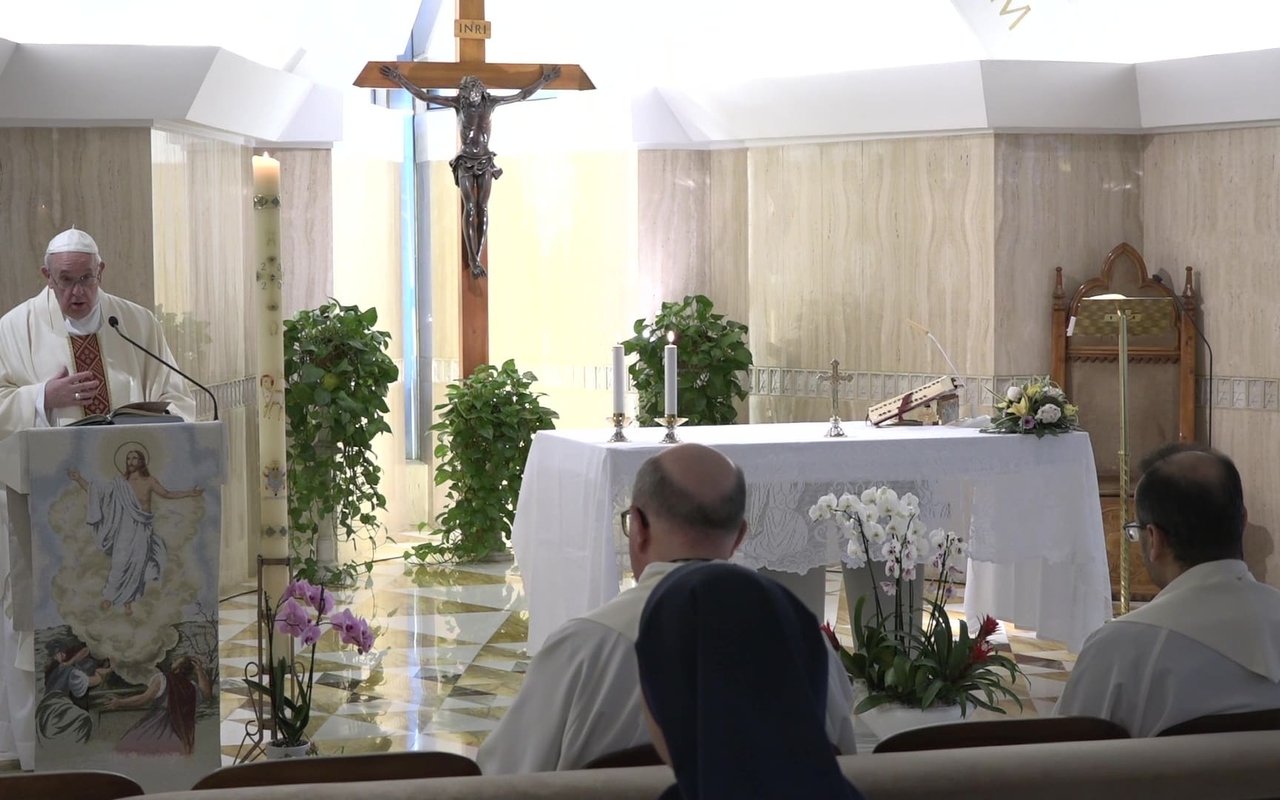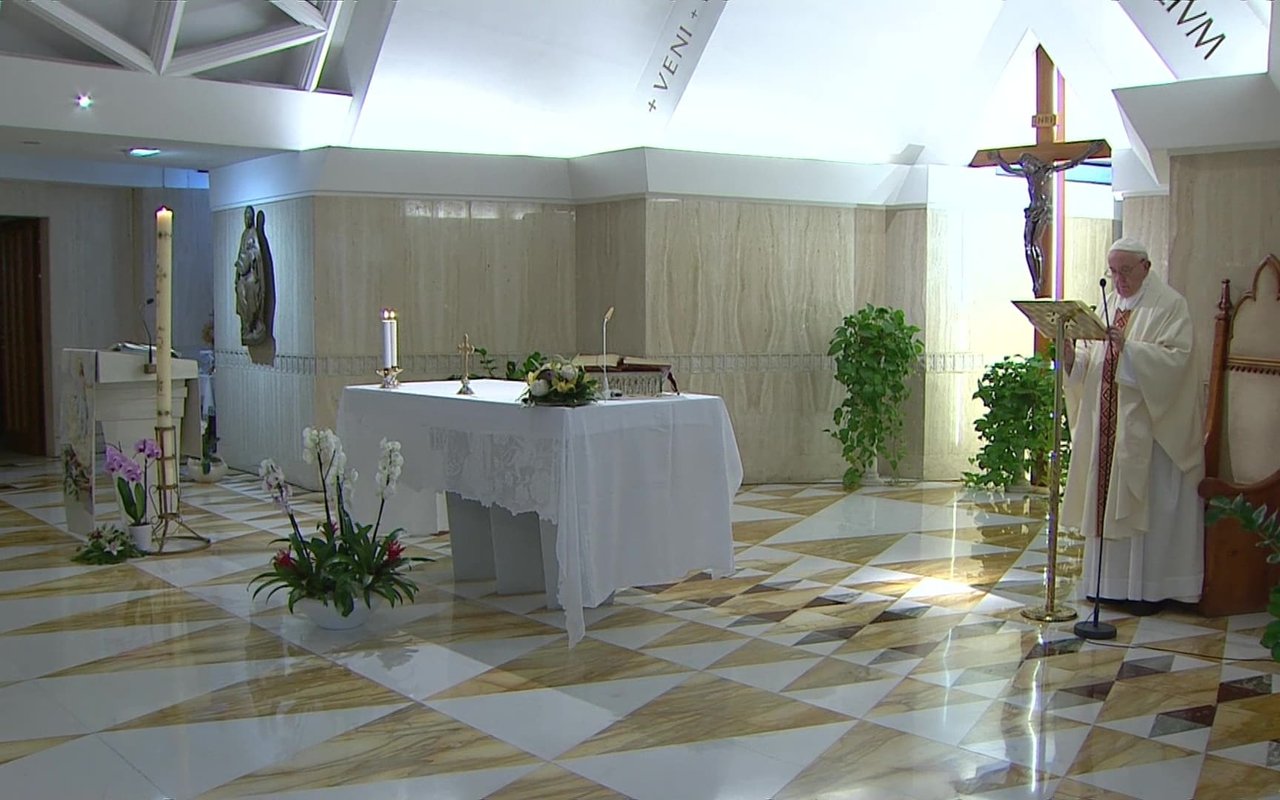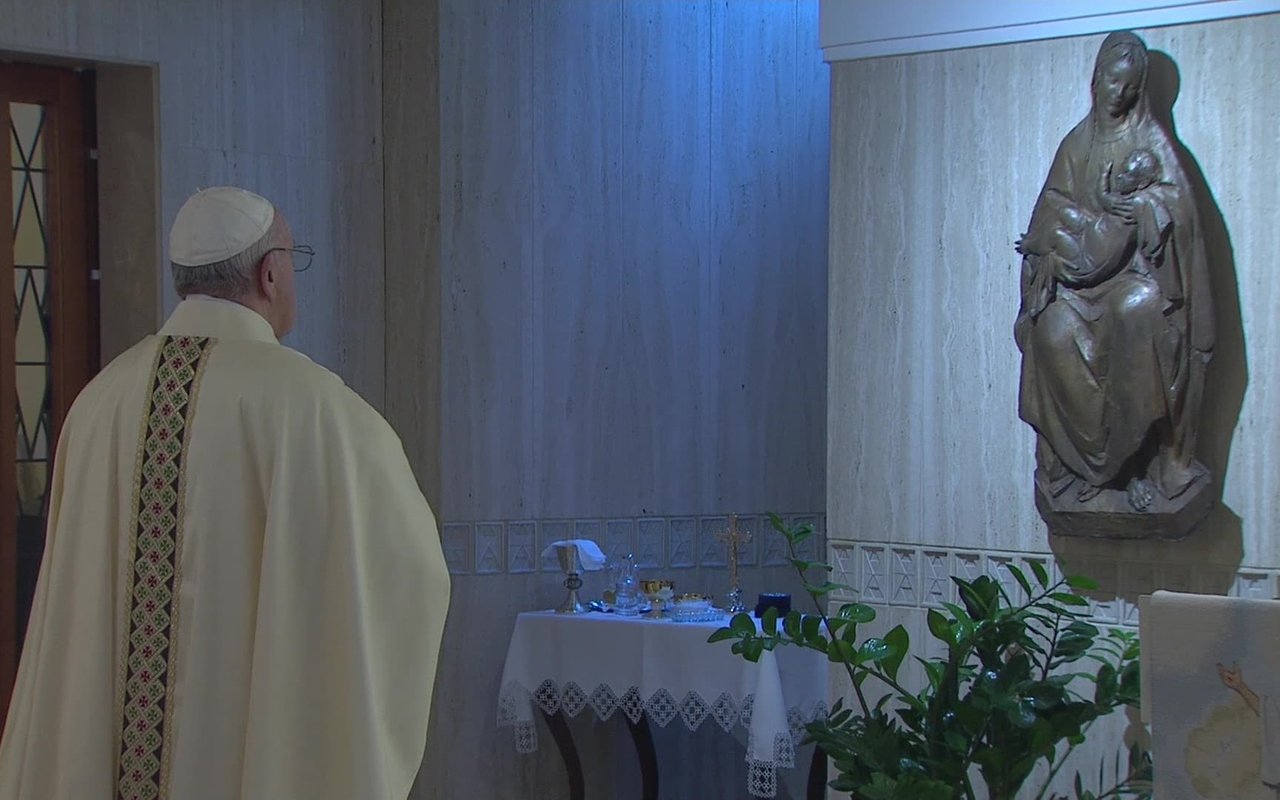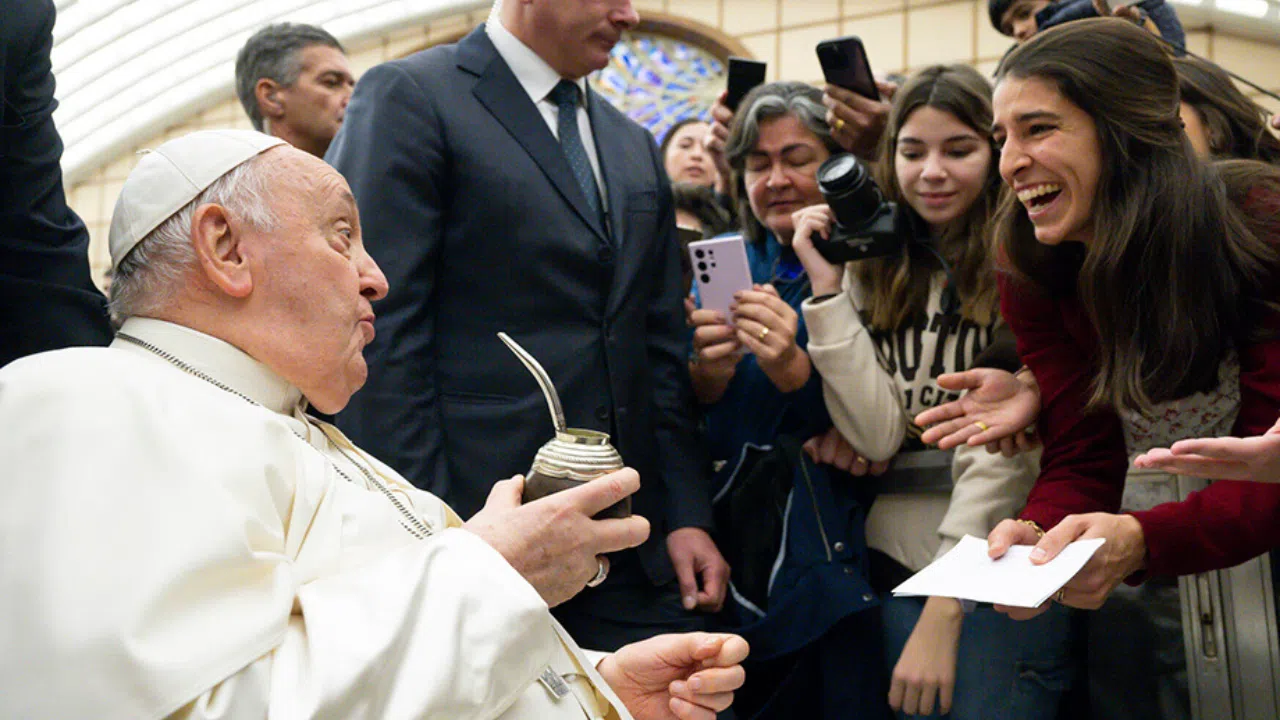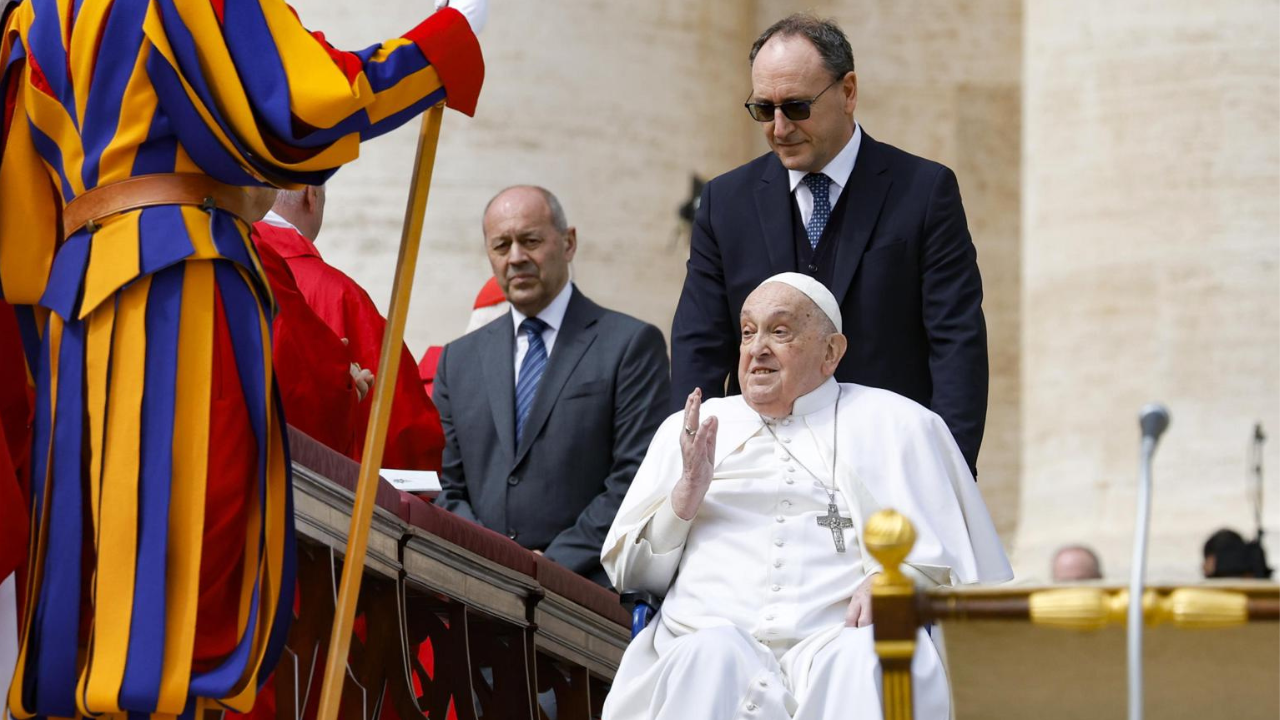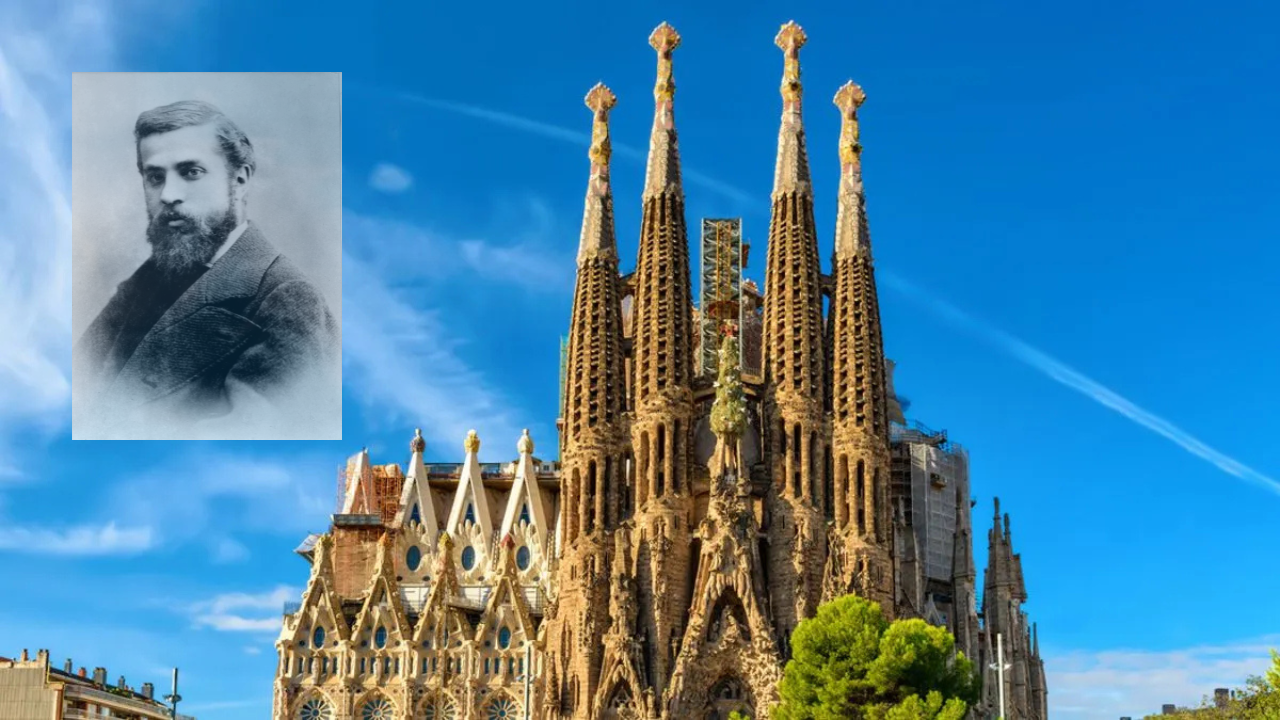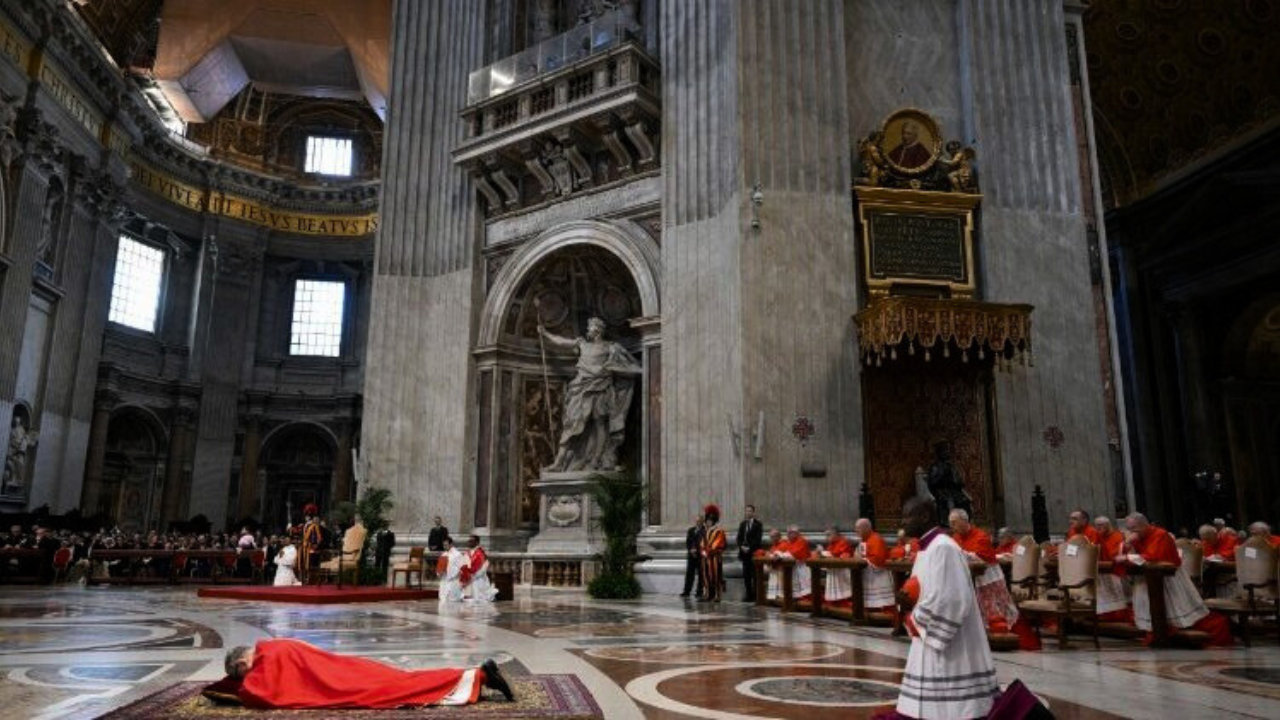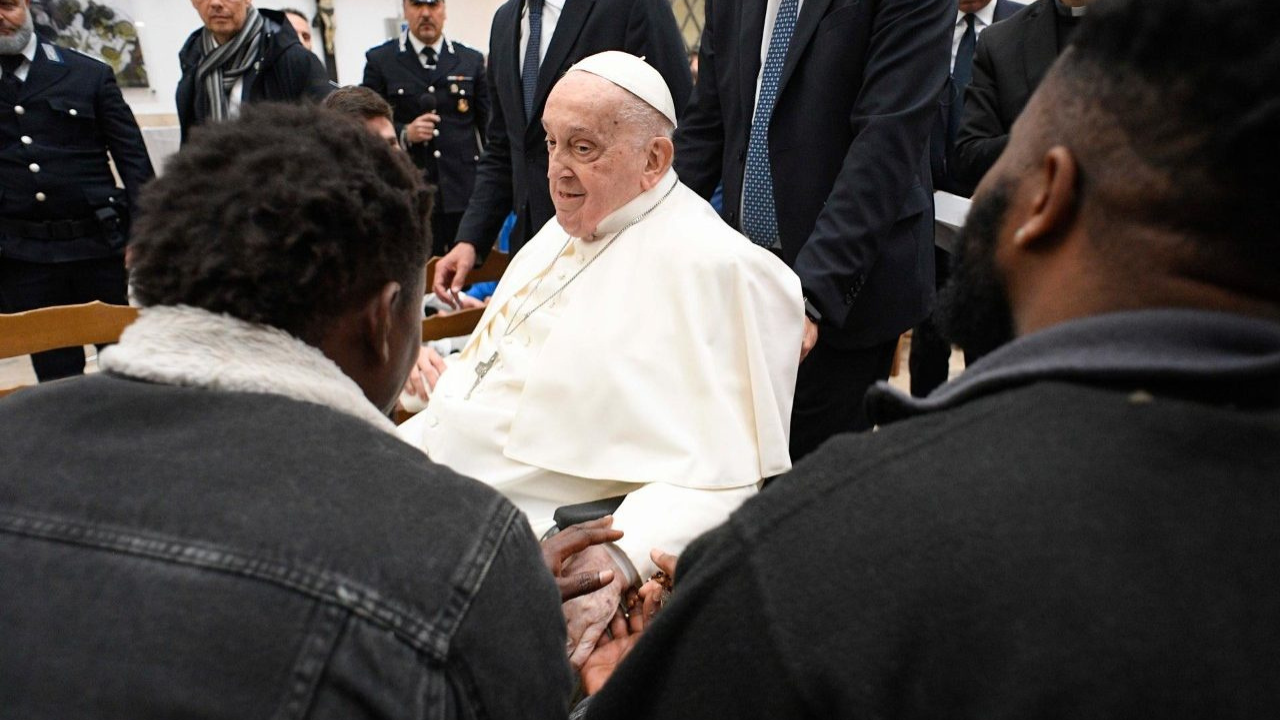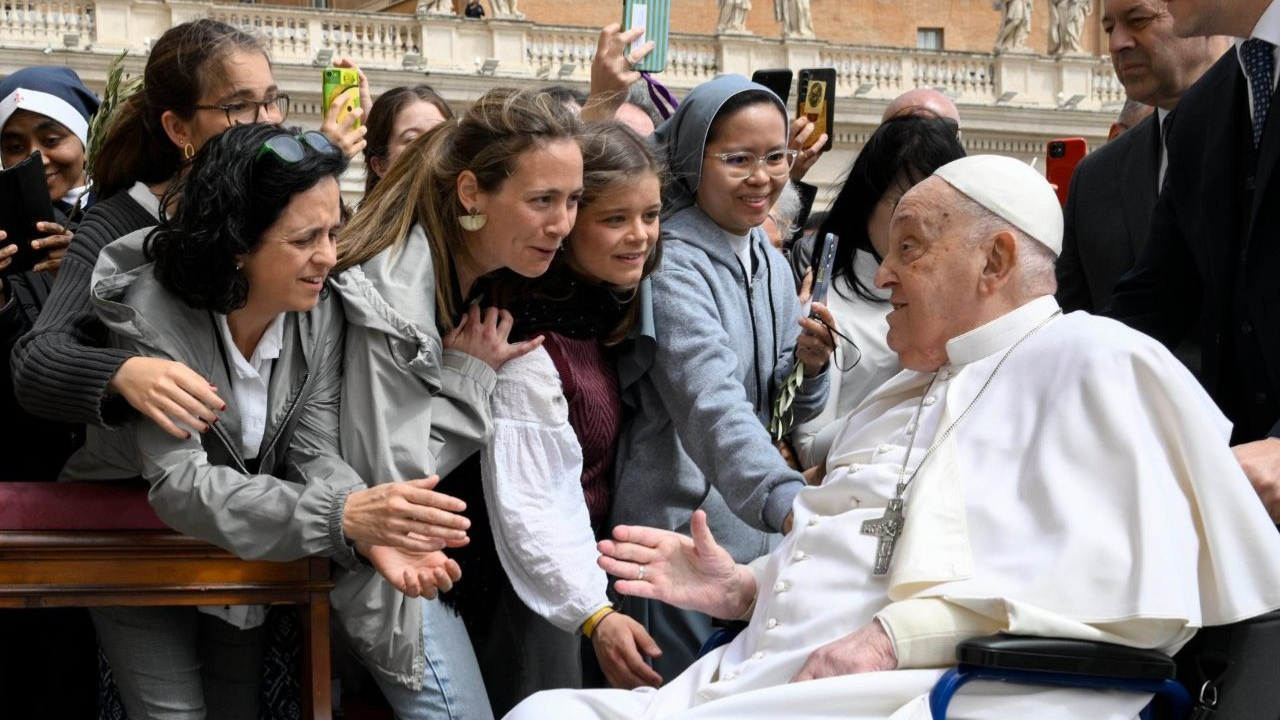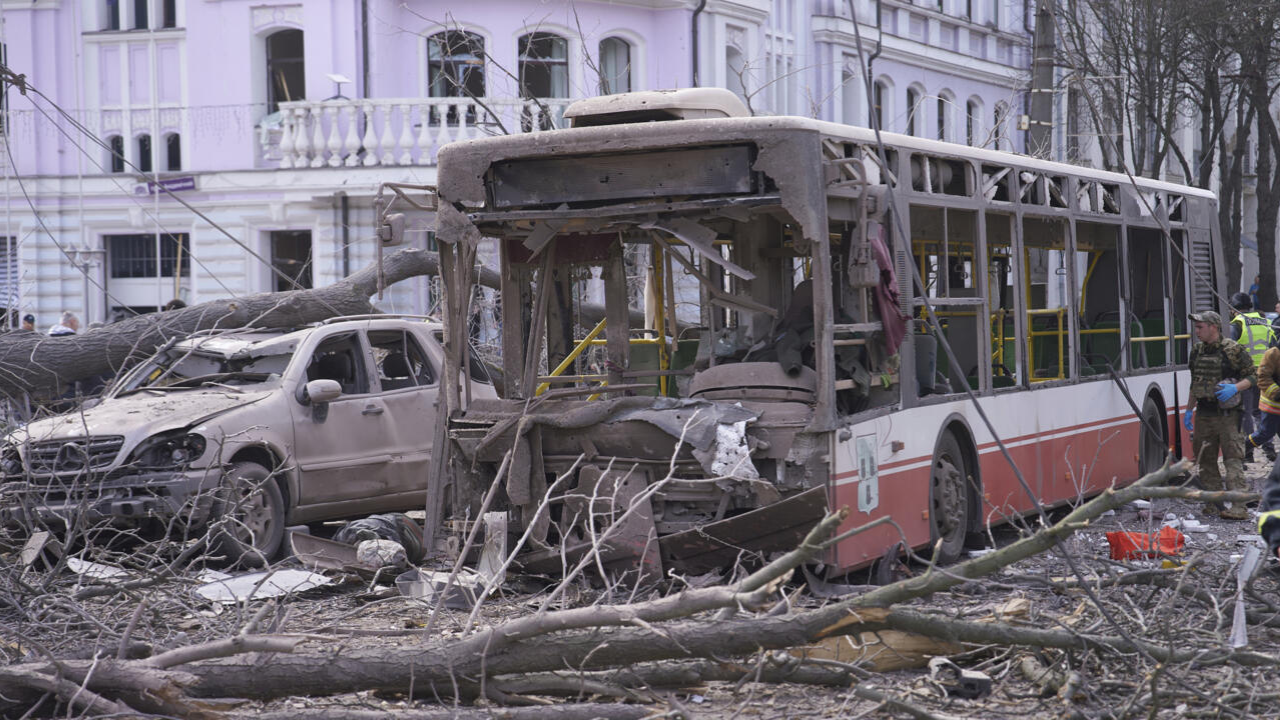During his homily at Casa Santa Marta, the pope described the drama of being very informed while still keeping one's heart closed to other people's pain.
POPE FRANCIS
“We all know, because we've heard it on the television or we've read it in the newspapers: how many children suffer hunger today in the world, how many children don't have the necessary medication, how many children can't go to school.”
Pope Francis said this attitude is an example of the globalization of indifference in the face of the challenges of humanity.
POPE FRANCIS
“We say, 'I feel sorry for them,' and continue on. This information doesn't penetrate our hearts, and many of us, many groups of men and women, live with this disconnect between what they think, what they know and what they feel. The heart is disconnected from the mind. They are indifferent.”
The pope says one risks forgetting one's own name and thinking one is defined by what one has or lacks.
SUMMARY OF POPE'S HOMILY
Source: Vatican
“The Gospel says that Lazarus ‘was taken to heaven with Abraham, to the bosom of Abraham.’ Regarding the rich man, it says he ‘was buried.’ Period.”
“‘Between us there is a great abyss. We can’t communicate. We can’t go from one side to the other.’ It was the same abyss that had existed between the rich man and Lazarus while they were alive.”
“We all know because we've heard it on the television or we've read it in the newspapers: How many children suffer hunger today in the world, how many children don't have the necessary medicines, how many children can’t go to school. We say, ‘poor things’ and continue on. We know these things exist, but it doesn’t penetrate our heart.”
“Indifference brings us to the point of losing our name. We are this or that. We are adjectives.”
“We ask the Lord today for the grace of not falling into indifference. The grace that all the information we have about human suffering might penetrate our hearts and move us to do something for others.”
